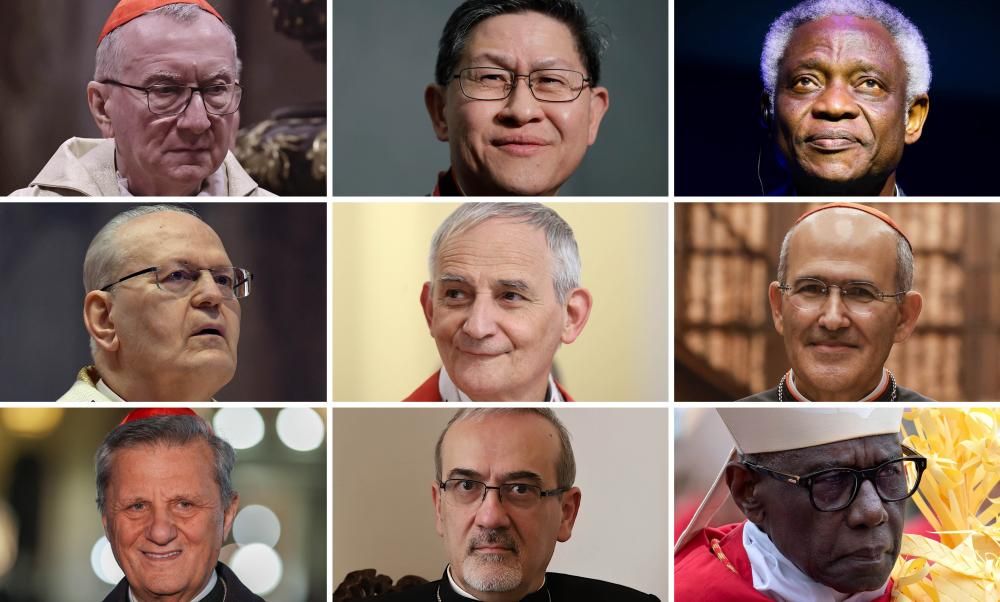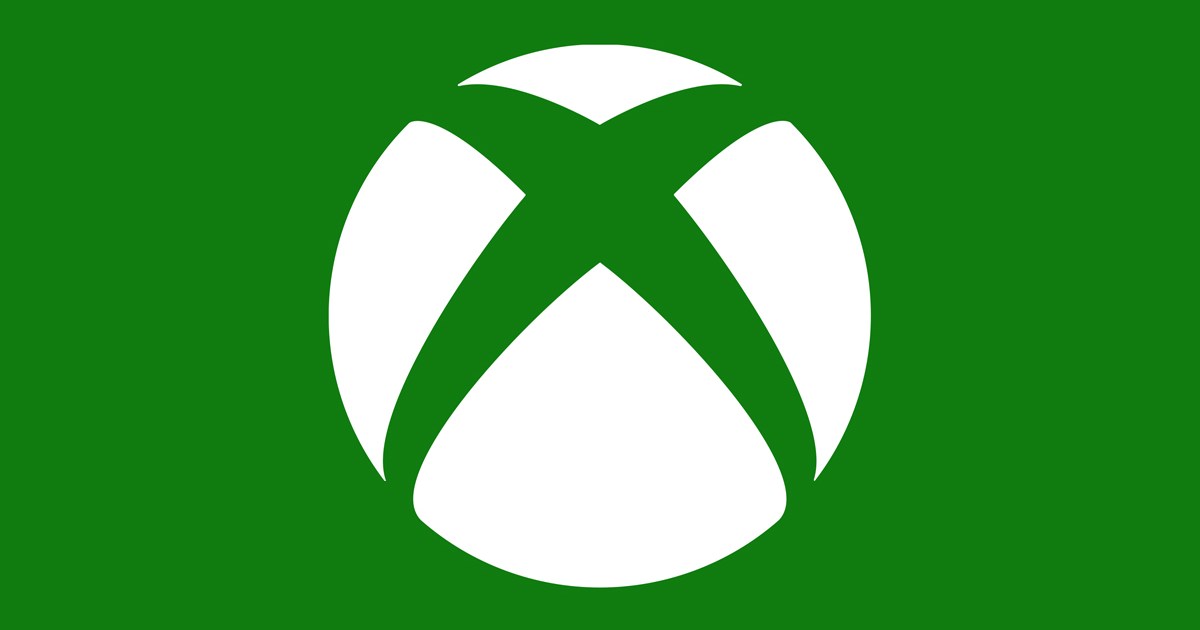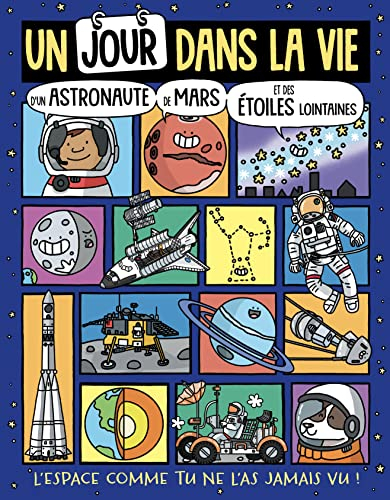Predicting The Next Pope: Key Factors And Potential Candidates

Table of Contents
Theological Considerations and Papal Priorities
The next Pope's election will significantly shape the future direction of the Catholic Church. Understanding the pressing theological issues facing the Church is crucial to predicting the next Pope's theological leanings. What priorities will guide the next papacy?
-
Emphasis on social justice and pastoral care: Expect a continued focus on addressing poverty, inequality, and climate change, reflecting the social teachings of the Church. The next Pope will likely prioritize pastoral care, emphasizing the spiritual well-being of the faithful. This includes a focus on reaching out to marginalized communities and fostering a more inclusive Church.
-
Continued focus on ecumenism and interfaith dialogue: Building bridges with other Christian denominations and fostering understanding with other religions will remain a key priority. The next Pope will likely continue efforts towards greater unity among Christians and respectful engagement with people of different faiths.
-
Reform within the Church administration: Addressing issues of transparency, accountability, and efficiency within the Vatican bureaucracy is anticipated. The next Pope will likely face pressure to continue reforms started by previous pontiffs, streamlining administrative processes and improving financial management.
-
Response to contemporary challenges like secularism and climate change: The Church will need to continue engaging with a secularized world and address the urgent threat of climate change. The next Pope’s approach to these challenges will be a significant factor in the Conclave's deliberations. This may involve innovative pastoral strategies and a strong commitment to environmental stewardship.
The likely theological leanings of future candidates will reflect a balance between tradition and the need to address contemporary challenges facing the Catholic Church. This will be a key factor when analyzing the potential candidates and predicting the next Pope.
Geographical Representation and Global Balance
The College of Cardinals represents the global Catholic Church, and geographical balance plays a crucial role in the selection of a new Pope. The Conclave strives to select a leader who can represent the diverse needs and perspectives of the worldwide Church.
-
Representation from different continents and regions: The selection process considers representation from various regions, ensuring the Pope isn't perceived as overly focused on a specific area. This requires careful consideration of the global distribution of Catholics and the needs of different cultures.
-
Balancing the needs of developing and developed nations: The Conclave will strive to select a Pope who understands and addresses the unique challenges faced by both developing and developed nations. This balance is important for ensuring the Church's mission resonates across the world.
-
Considerations of language proficiency and cross-cultural communication skills: The ability to communicate effectively with a diverse global audience is essential. Fluency in multiple languages and strong intercultural communication skills are significant assets for a potential candidate.
Potential candidates from different regions, such as Africa, Latin America, and Asia, are often considered, reflecting the global reach of the Catholic Church. The selection of a Pope from a specific region can symbolize the Church's commitment to inclusivity and global representation.
Political and Geopolitical Influences
While the papacy is primarily a spiritual office, the selection process is inevitably influenced by political and geopolitical realities. The Vatican's role as a sovereign state and its global influence make political considerations unavoidable.
-
The role of different national churches and their political weight: National churches, particularly those with large Catholic populations, exert influence through their cardinals. Understanding the political dynamics within these churches is important when attempting to predict the next Pope.
-
Navigating geopolitical tensions and conflicts: The next Pope will need strong diplomatic skills to navigate complex international relations and address global conflicts. Experience in international diplomacy is highly valued in potential candidates.
-
Maintaining the Vatican's diplomatic relations: The Vatican maintains diplomatic relations with numerous countries, and the Pope plays a crucial role in international affairs. The next Pope’s ability to maintain positive relationships and uphold the Vatican's diplomatic standing is paramount.
Candidates' experience in navigating international affairs and their ability to represent the Church effectively on the world stage are crucial aspects considered during the selection process. The next Pope's ability to lead the Church through complex global landscapes will heavily influence the decision-making of the cardinals.
Key Potential Candidates and Their Profiles
Predicting the next Pope requires examining potential candidates and their profiles. While many cardinals are qualified, some consistently appear in discussions surrounding the next papacy. (Note: This section would ideally include profiles of several prominent Cardinals, each with a brief biography, theological leanings, key positions, strengths, weaknesses, geographic origin, and a photo. Due to the dynamic nature of this topic and the length constraints of this article, specific profiles are omitted here.)
Conclusion
Predicting the next Pope is an intricate process involving theological, geographical, and geopolitical considerations. The future Pope will need to navigate a complex world while leading the Church towards its future. The next papal election will be a significant moment for the Catholic Church, and understanding the key factors influencing the selection process provides invaluable insight.
While predicting the future is always uncertain, understanding the key factors influencing the selection process provides valuable insight into the dynamics of the Catholic Church. Stay informed about the evolving dynamics within the Catholic Church to better understand the process of predicting the next Pope. Continue exploring this topic with further research to form your own opinion on who might be the next leader of the Catholic Church and participate in the ongoing conversation about predicting the next Pope.

Featured Posts
-
 Ftc Appeals Activision Blizzard Acquisition Decision Whats Next
May 11, 2025
Ftc Appeals Activision Blizzard Acquisition Decision Whats Next
May 11, 2025 -
 Jose Aldo Resilience Et Adaptation Dans La Vie D Un Champion
May 11, 2025
Jose Aldo Resilience Et Adaptation Dans La Vie D Un Champion
May 11, 2025 -
 Manon Fiorot The Road To A Championship Bout
May 11, 2025
Manon Fiorot The Road To A Championship Bout
May 11, 2025 -
 Night Hunter A Comprehensive Guide To Nocturnal Wildlife
May 11, 2025
Night Hunter A Comprehensive Guide To Nocturnal Wildlife
May 11, 2025 -
 Mundial De Karate Full Contact Cinco Uruguayos Necesitan Tu Apoyo
May 11, 2025
Mundial De Karate Full Contact Cinco Uruguayos Necesitan Tu Apoyo
May 11, 2025
